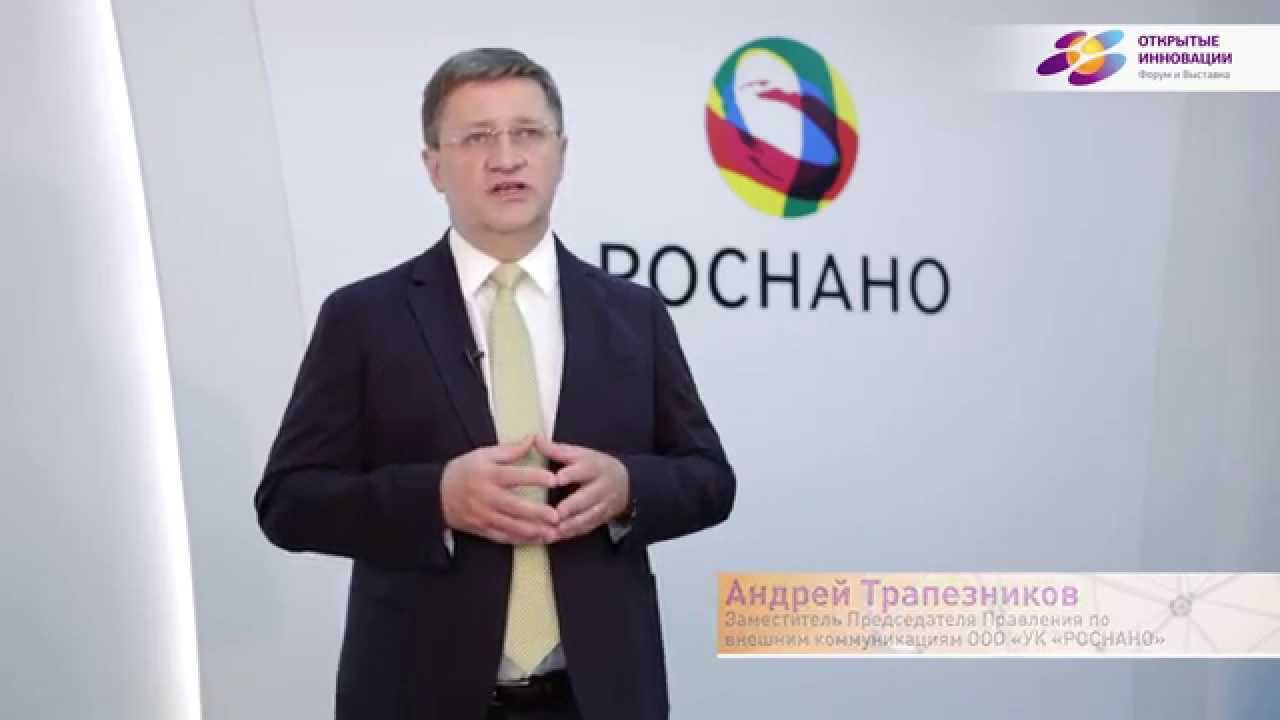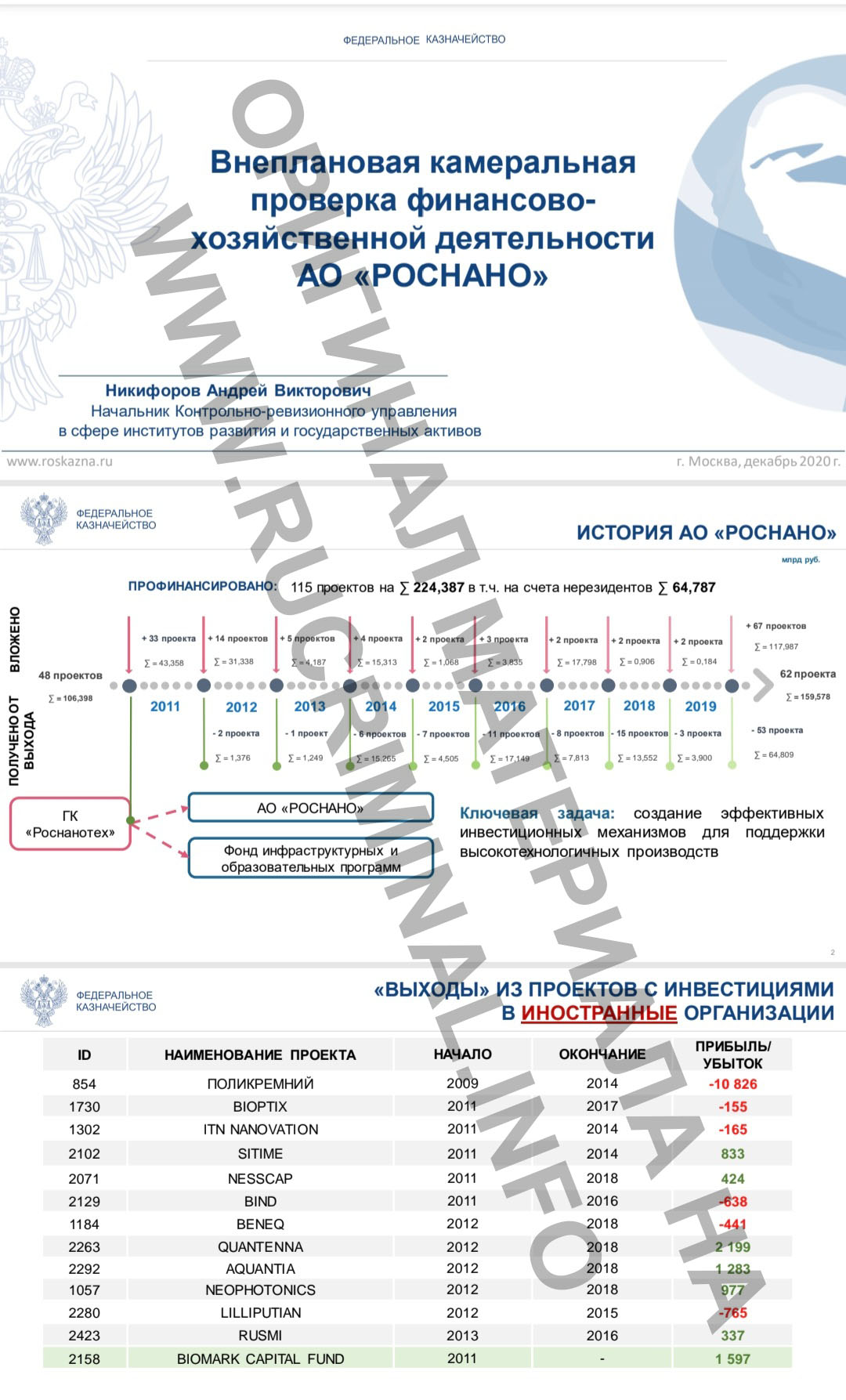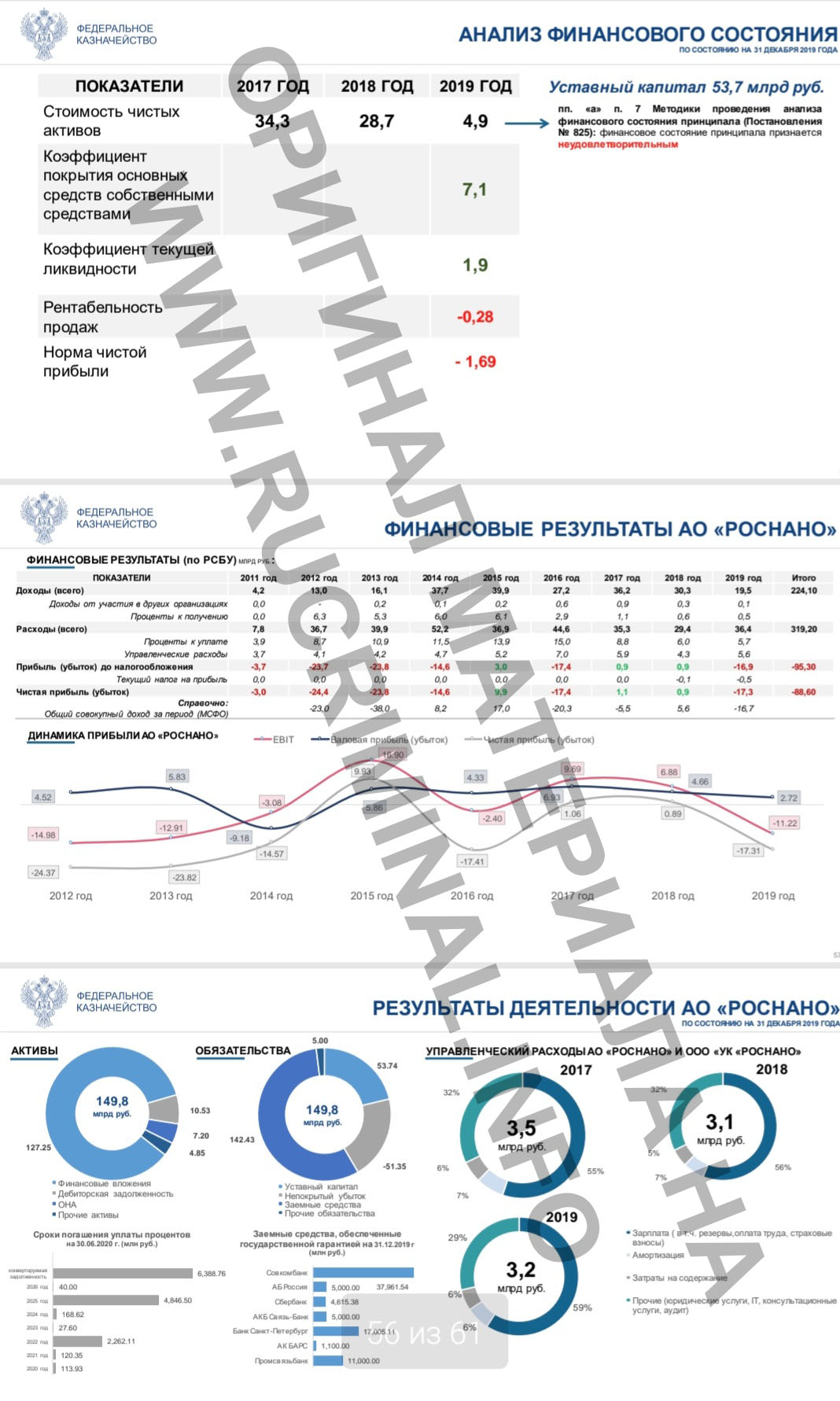
Information has appeared about the bankruptcy of the manufacturer of Russian processors, Baikal Electronics.
As Rucriminal.info found out, this is not entirely true; one of the shareholders of Baikal Electronics, the T-Platforms company, known to specialists since the beginning of 2000 as a developer of supercomputers and a supplier of solutions for high-performance computing, was in the process of bankruptcy.
Until recently, the fate of this company was connected with Vsevolod Opanasenko, who was sentenced in May 2023 to a prison term of 2 years. Also, the most important role in the life of the company was played by RUSNANO OJSC, the Warton group and a number of well-known characters, such as Arkady Dvorkovich, Anatoly Chubais, member of the RUSNANO Board Andrey Trapeznikov, founder of the Warton group Denis Frolov, and many others.

The history of the T-Platforms company is an exception to the rule when the security forces are behind the redistribution of property. Here, the redistribution of property was initiated by people who position themselves as staunch systemic liberals and innovators, employees of state development institutions.
The development of Baikal Electronics processors took place with the support of RUSNANO, or rather the Fund for Infrastructure and Educational Programs formed by RUSNANO, or as it is abbreviated as FIOP. It was with the money from FIOP, allocated through the project company T-Nano LLC, that funding for the development of Baikal processors began.
Like many RUSNANO companies, the developers of Baikal processors very soon ran into a lack of demand for Russian developments and were in a state of permanent crisis. Lack of demand meant lack of revenue - there was not enough money not only for product development, but also for maintaining operating activities.
At the same time, the state allocated billions of rubles in subsidies for the development of the electronics industry through the Russian Ministry of Industry and Trade, and the RUSNANO company sought every possible access to this money. Responsible for interaction with government agencies, including the Ministry of Industry and Trade, was Andrei Trapeznikov, a member of the board, corporate director of RUSNANO, one of the oldest (since 1995) associates of Anatoly Chubais, who went with him through the government, the presidential administration and RAO UES.
Not only RUSNANO, but also the Warton group were looking closely at the money of the Ministry of Industry and Trade. The head of the group, Denis Frolov, was a person closely associated with Arkady Dvorkovich, the former Deputy Prime Minister of the Government of the Russian Federation and Chairman of the Board of Directors of OJSC RUSNANO. Having significant support from the office of the Deputy Prime Minister and owning a private company, the Warton group could easily receive and redirect in the right direction a huge flow of budget funds allocated for a variety of topics.
In 2014, in Dvorkovich’s reception room, Trapeznikov met Denis Frolov for the first time, their interests intersected, and their personal capital increased.
Warton is a small company, and to receive big money from the Ministry of Industry and Trade, a name and scale of activity were needed, primarily in terms of the variety of topics. It was officially easy for RUSNANO companies to receive subsidies from the Ministry of Industry and Trade; any government official will confirm that the allocation of money to state corporations is supported and does not raise any suspicion. But any official will also confirm that allocating money to state corporations that are under the close control of security forces and regulated by internal procedures is not at all interesting, because the management of such companies is well aware of the personal risks when withdrawing and cashing out funds.
Trapeznikov and Frolov came up with a brilliant plan: to collect state assets under the management of the Warton group and then, taking advantage of all the privileges inherent in state-owned companies, to receive huge budget money.
The list of companies that, according to Trapeznikov and Frolov’s plan, were to come under the control of the Warton group included: Mikron, Optogan, Crocus Nanoelectronics, ESTO Vacuum, Elvis Neo Tech, Plastic Logic, T-nano, Profotex, Optical fiber.
Trapeznikov quite easily received approval from Chubais, to whom Frolov was introduced as a major industrialist with the support of Dvorkovich. Dvorkovich also received corresponding explanations. An official explanation has also been formed - RUSNANO companies receive both financing and a private owner, which is fully consistent with RUSNANO's strategy.
The boss nodded and we could get to work.
Negotiations began and the first problems began: neither internal procedures nor the position of the project managers allowed the assets to be transferred to Warton’s control just like that, for next to nothing, and the financial capabilities of the Warton group were extremely limited. There were attempts to allocate subsidies to RUSNANO projects, but the efficiency of such activities was minimal: no more than 20-30% of the subsidy amount was converted into cash.
Trapeznikov, by agreement with Frolov, begins a long siege of assets. The departments subordinate to Trapeznikov and the auditors of RUSNANO are preparing certificates containing information comprehensive information on both companies and project managers.


To be continued
Timofey Grishin
Source: www.rucrminal.info
